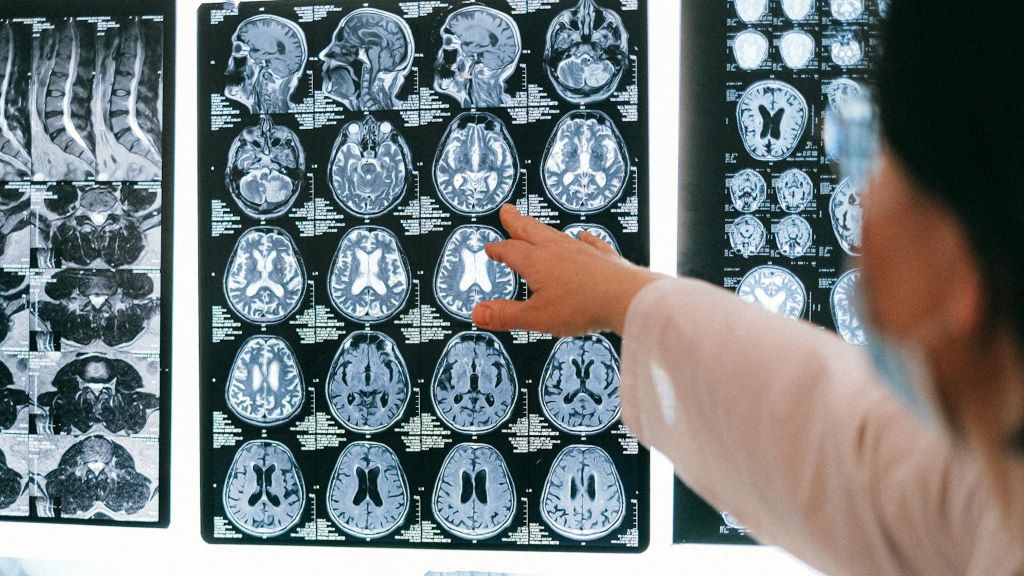Celebrate Christmas in July with PinkDrive
Cold Nights, Warm Hearts, Festive Vibes – and Support for Early Detection

Think log fires, festive cheer, a three-course dinner and dancing to a live band – all wrapped up in the joy of giving. On Saturday, 5th July 2025, PinkDrive will host a Christmas in July dinner at the Indaba Hotel in Johannesburg, a night of holiday cheer and hope in action: raising funds for a life-changing cause. And you’re invited.
PinkDrive is a non-profit (NPC) committed to prolonging lives through the early detection of gender-related cancers. It delivers essential health services to thousands of South Africans every year by bringing mobile mammography units directly to communities that need them most, from rural villages to peri-urban areas across the nine provinces. These trucks provide clinical breast exams, mammograms, pap smears, and PSA testing, helping to detect cancer early in areas where healthcare access is often limited or unavailable.
Like many non-profits, PinkDrive depends on the support of corporate partners, sponsors, government, and the public to sustain its vital work, among them, Lee-Chem Laboratories. “This is a cause that is close to our hearts,” says Bhavna Sanker, Marketing Manager at Lee-Chem Laboratories. “Each year, we proudly support PinkDrive through our Mandy’s brand sponsorship, focusing on spreading awareness, sharing survivor stories, and making sure people understand their healthcare options.”
As part of their continued support, every guest at the Christmas in July function will receive a goodie bag from Lee-Chem, filled with products from their Mandy’s brand. “We are truly honoured to have Lee-Chem and the Mandy’s brand as valued sponsors of our Christmas in July Dinner fundraiser,” comments Nelius du Preez, Operations Manager at PinkDrive NPC. “Their continued support, alongside our other generous sponsors, makes events like this possible and helps us not only raise vital funds but also amplify the message of early detection and health education across South Africa.”
The fundraiser will spotlight the resilience of breast cancer survivors, with Deputy Minister of Electricity and Energy, Samantha Graham-Maré, sharing her personal journey with cancer. PinkDrive CEO and Founder, Noelene Kotschan, a passionate advocate for early detection prolonging lives, will also address guests, and your charming host for the evening? A dashing Mister Global SA finalist will take the mic as MC, steering the evening from heartfelt reflections to lively fundraising with raffles and auctions featuring holiday packages, original artworks, and other exclusive prizes.
“We call the event ‘a night of giving back’ because it is occasions like these that allow us to keep our mobile health units on the road, reaching men and women who might otherwise not have access to screening services,” says du Preez. “Together with compassionate partners like Lee-Chem, we are driving change and prolonging lives, one screening at a time. And we are grateful to every corporate and individual who supports the event by purchasing tickets,” he adds.
All proceeds from the evening will be ringfenced to build and operate a new mobile mammography unit, expanding PinkDrive’s reach to screen more South Africans and detect cancer early, when treatment is most effective. “We encourage the public to join us in this mission by purchasing tickets and supporting the evening’s fundraising efforts,” concludes Sanker.
Tickets for the Christmas in July dinner are R600 per person and available now at pinkdrive.org. Don’t miss this chance to dress up, give back, and help bring hope where it’s needed most.





